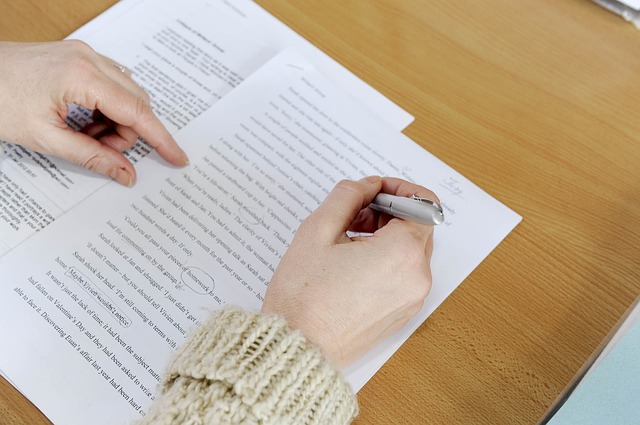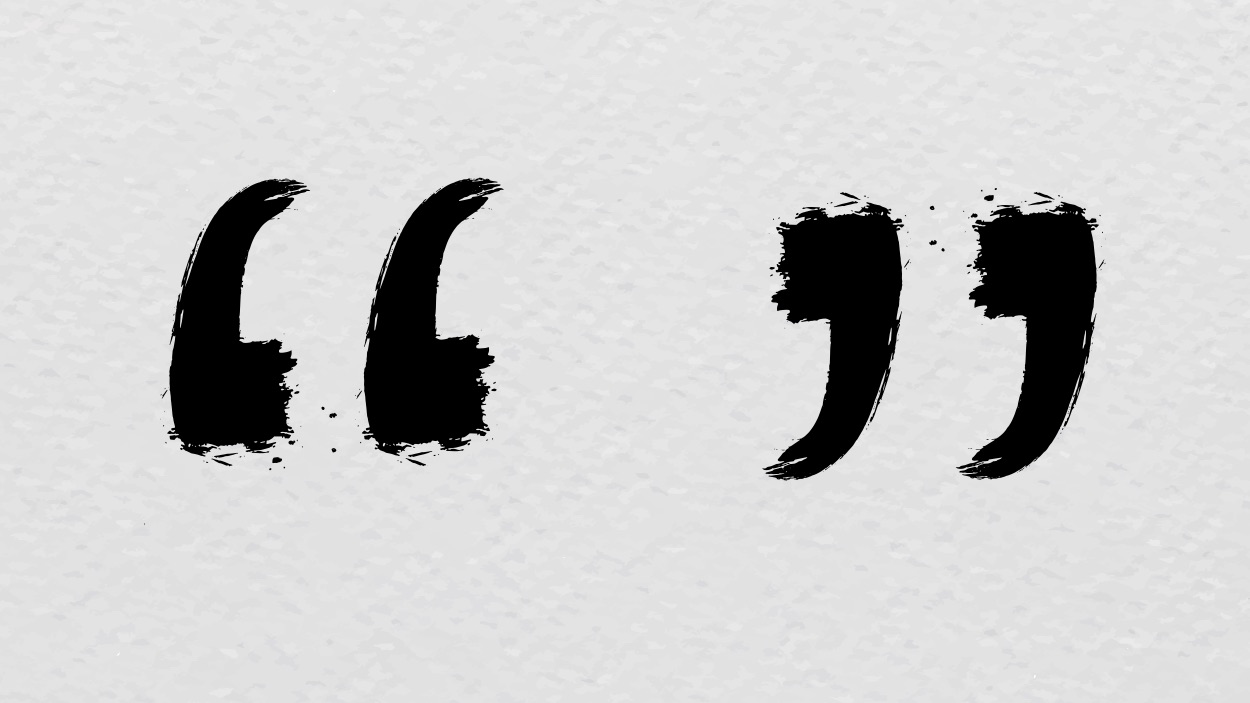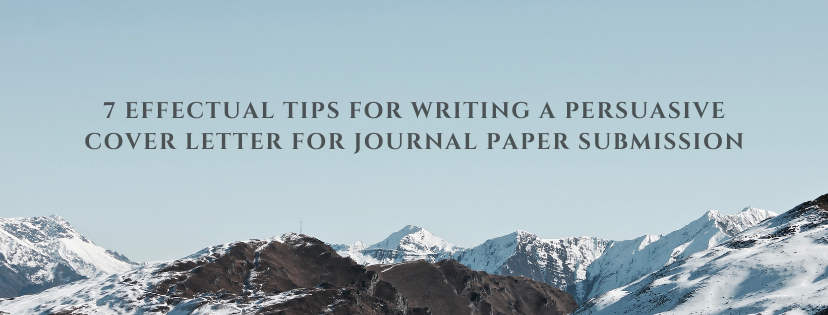For writers starting, paraphrasing might seem quite a difficult thing to master. However, everything can become better with practice and some good advice. Therefore, if you are getting into the world of academic writing and want to know how to paraphrase like a pro, we have a few tips that you might find helpful. This article discusses the basic steps of successful paraphrasing.

This article discusses basic steps of successful paraphrasing. To give you an opportunity to practice proofreading, we have left a few spelling, punctuation, or grammatical errors in the text. See if you can spot them! If you spot the errors correctly, you will be entitled to a 10% discount.
There are various technical terms and techniques in the world of academic writing. One such term is paraphrasing. This is something that university students and researchers are quite familiar with as it is actively used in this line of work.
Paraphrasing means rewriting the same matter differently without changing the overall meaning. The need for paraphrasing is for the readers to have an impression that the writer has understood the material well enough to formulate it in their own words.
For writers starting, paraphrasing might seem quite a difficult thing to master. However, everything can become better with practice and some good advice. Therefore, if you are getting into the world of academic writing and want to know how to paraphrase like a pro, we have a few tips that you might find helpful. Read on to know more!
One needs to remember the reason behind paraphrasing to get better at it— to tell your readers that you have understood the original material. Therefore, the first thing to do is to understand the source material properly. Reread it a few times and try to understand the primary concepts behind the material.
If you can, try writing your version down a few times before deciding on how you would paraphrase it. Once you have come up with your version, try and compare it with the original material to see the difference.
Paraphrasing is a good way to show how well you can structure your words. When you are reading your source material, think of how you can take the matter and restructure it in a way that is different from the source but retains the original meaning. One good way is to change the voice of the sentence. Switching effortlessly between active and passive voices is an efficient way of paraphrasing.
Another way is to shift your focus to the beginning of the sentence. It is not necessary to start the sentence the same way the original material has started it. Play around with the construction of the sentences to paraphrase successfully.
Changing the words is another great way of paraphrasing. When you are reading the original material, keep an eye out for the words which you can switch with other relevant words. This way, the sentence becomes different from the source, while the meaning remains the same. It is better to keep taking notes while you are going through the original work. These small notes can help you organize your thoughts later when you are putting your work together.
Lastly, your paraphrasing won’t remain a paraphrase if you do not cite the work you have taken reference from. Then, it becomes plagiarism. Plagiarism occurs when the source material is copied, borrowed, or referred to without due credit or permission. To avoid that, all works should be cited. Citing is the process of giving credit to the author or creator of the original work, idea, information, etc. Therefore, no matter how well you paraphrase, always cite your work when it comes to academic writing. You might find the following articles helpful:
To wrap it up, here are a few other tips that you might want to keep in handy for paraphrasing:
Try breaking the original sentence into two or more sentences
Always use a plagiarism checker to avoid any plagiarism
Recheck the original and compare it with your work to avoid altering the meaning
You can try and change the order of the words
So, with that, you now know how to paraphrase like a pro. Again, it may not be perfect in the first few tries, but as you keep on paraphrasing, it will come to you naturally because, as they say, only practice can get you there.
Have you completed writing your manuscript? Do you want someone to review the entire article and make necessary changes if required? If yes, we bring the most trusted and efficient editing and proofreading services near you. At Best Edit & Proof, our experts will edit and proofread your papers to make necessary changes.
Best Edit & Proof expert editors and proofreaders focus on offering manuscripts with proper tone, content, and style of academic writing and also provide an upscale editing and proofreading service for you. If you consider our pieces of advice, you will witness a notable increase in the chance for your research manuscript to be accepted by the publishers. We work together as an academic writing style guide by bestowing subject-area editing and proofreading around several categorized styles of writing. With the group of our expert editors, you will always find us all set to help you identify the tone and style that your manuscript needs to get a nod from the publishers.
You can also avail of our assistance if you are looking for editors who can format your manuscript, or just check on the particular styles for the formatting task as per the guidelines provided to you, e.g., APA, MLA, or Chicago/Turabian styles. Best Edit & Proof editors and proofreaders provide all sorts of academic writing help, including editing and proofreading services, using our user-friendly website, and a streamlined ordering process.
Kindly visit our order page if you want our subject-area editors or language experts to work on your manuscript to improve its tone and style and give it a perfect academic tone and style through proper editing and proofreading. The process of submitting a paper is very easy and quick. Click here to find out how it works.
Our pricing is based on the type of service you avail of here, be it editing or proofreading. We charge on the basis of the word count of your manuscript that you submit for editing and proofreading and the turnaround time it takes to get it done. If you want to get an instant price quote for your project, copy and paste your document or enter your word count into our pricing calculator.
If you need support for editing and proofreading services, contact us. You can also e-mail us or use the 24/7 live chat module to get direct support. We have a 24/7 active live chat mode to offer you direct support along with qualified editors to refine and furbish your manuscript. Alternatively, you can text us through our WhatsApp business support line.
Follow us on Twitter, LinkedIn, Facebook, Instagram, and Medium.
For more posts, click here.
Do you like this article? Make sure to share and subscribe!
How to Determine Variability in a Dataset
14.10.2023
How to Determine Central Tendency
19.02.2023
How to Specify Study Variables in Research Papers?
14.01.2023
Population vs Sample | Sampling Methods for a Dissertation
14.01.2023
How to Ensure the Quality of Academic Writing in a Thesis and Dissertation?
04.12.2022
How to Avoid Anthropomorphism in Your Dissertation?
04.11.2022
How to Write a Research Methodology Section for a Dissertation and Thesis
07.08.2022
How to Write a Theoretical Framework for a Dissertation and Thesis?
05.08.2022
How to Write Literature Review for a Dissertation and Thesis
02.08.2022
How to Write a Dissertation and Thesis Introduction
31.07.2022

There are various types of research designs that researchers can opt for. However, to opt for the right design, you first need to know the differences. Also, do not forget that the type of design depends on various variables from your research. Therefore, understanding these variables is of importance. If you are new to academic work or are just here to refresh your memory, this article has just the right content for you. Today, we will focus on the different types of research designs.
Continue Reading
One of the main things that any editor or proofreader looks out for while editing a piece of text is punctuation marks. The reason is simple — they can alter the meaning of your text if you do not use them correctly. It becomes even more prominent when you are writing an academic paper. In academic writing, an author may be easily misunderstood when ambiguous sentences are used. Punctuation marks mainly serve the purpose to disambiguate sentences. While literary or other types of writing will have a certain degree of freedom for using punctuation marks, academic work needs to be precise and correct. This article will cover the importance of punctuation marks in academic writing.
Continue Reading
The cover letter acts as the first impression that the authors or their work will have on the editor. It can be contemplated as the “sales pitch” of the conducted research and the submitted work. It, therefore, deserves meticulous attention and should never be written half-heartedly. This article discusses how to write a persuasive cover letter for journal submission and presents an easy-to-follow rubric that will help you draft an impeccable cover letter.
Continue Reading